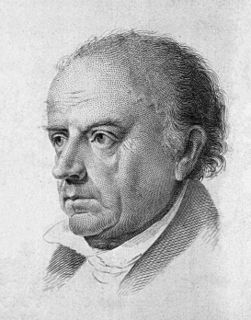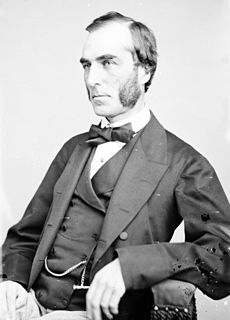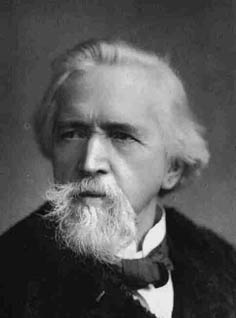A Quote by Pope Leo XIII
The first law of history is to dread uttering a falsehood; the next is not to fear stating the truth; lastly, the historian's writings should be open to no suspicion of partiality or animosity.
Related Quotes
And, lastly, to vindicate these rights, when actually violated and attacked, the subjects of England are entitled, in the first place, to the regular administration and free course of justice in the courts of law; next to the right of petitioning the king and parliament for redress of grievances; and, lastly, to the right of having and using arms for self preservation and defense.
There is no such thing as absolute truth and absolute falsehood. The scientific mind should never recognise the perfect truth or the perfect falsehood of any supposed theory or observation. It should carefully weigh the chances of truth and error and grade each in its proper position along the line joining absolute truth and absolute error.
If we ought not to fear mortal truth, still less should we dread scientific truth. In the first place it can not conflict with ethics? But if science is feared, it is above all because it can give no happiness? Man, then, can not be happy through science but today he can much less be happy without it.
There is no doubt that truth is to falsehood as light is to darkness; and so excellent a thing is truth that even when it touches humble and lowly matters, it still incomparably exceeds the uncertainty and falsehood in which great and elevated discourses are clothed; because even if falsehood be the fifth element of our minds, notwithstanding this, truth is the supreme nourishment of the higher intellects.
No experiment can be more interesting than that we are now trying, and which we trust will end in establishing the fact, that man may be governed by reason and truth. Our first object should therefore be, to leave open to him all the avenues to truth. The most effectual hitherto found, is the freedom of the press. It is, therefore, the first shut up by those who fear the investigation of their actions.
Free thought means fearless thought. It is not deterred by legal penalties, nor by spiritual consequences. Dissent from the Bible does not alarm the true investigator, who takes truth for authority not authority for truth. The thinker who is really free, is independent; he is under no dread; he yields to no menace; he is not dismayed by law, nor custom, nor pulpits, nor society-whose opinion appals so many. He who has the manly passion of free thought, has no fear of anything, save the fear of error.






























